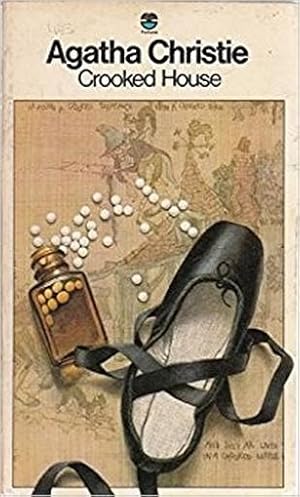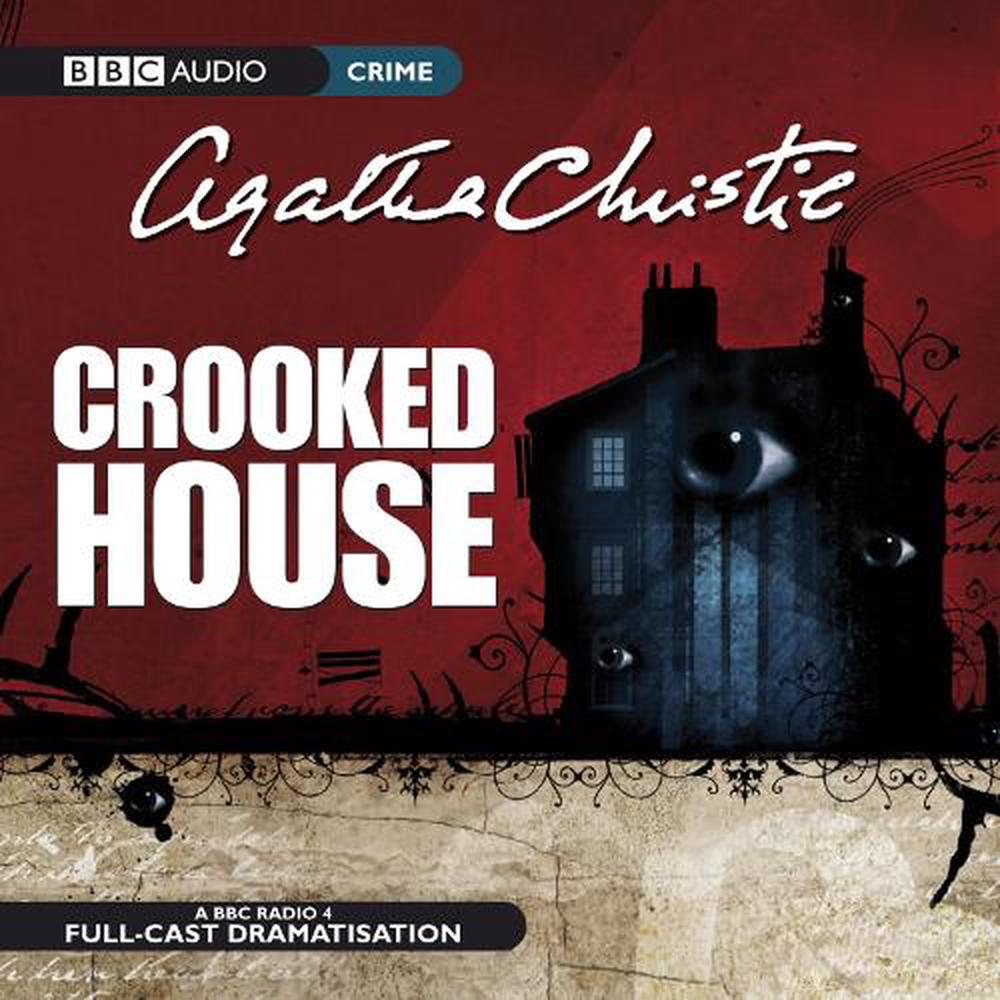


I suspected from the beginning who the real murderer of Aristide Leonides was but that was because of (reasons I can’t explain or else I risk spoiling the plot). This is serious, deadly, and oh so crooked. This is no Hercule Poirot, or Miss Marple novel where you can occasionally take a moment to laugh. It’s creepy, disturbing, and will likely cause me sociological problems. Of course, there are other suspects – but only someone in the family gains from Aristide Leonides’ death.Įvery person in the household had the motive, means, and madness to poison Aristide. The actress, the historian, the self-righteous wife, the failed businessman, the heiress, the spinster, the convalescent, the grieving widow, and the widow’s lover. The different kinds.’” (page 28)Įvery person in the Leonides/de Haviland household is a potential murderer. “ ‘You see, we’re a very queer family … There’s a lot of ruthlessness in us – and – different kinds of ruthlessness. True, Why Didn’t They Ask Evens, (review: HERE) is not as creepy as Ten Little Indians (also titled) And Then There Were None, but they both gave me shivers, nightmares, and a fear of the dark.Īfter losing sleep from reading it, I thought the creepiest Agatha Christy book I could ever read was And Then There Were None – then I read Cooked House. Having blazed my way through more than forty five Agatha Christie books in the past year I feel justified to pronounce this judgment:Īgatha Christie’s standalone novels are creepy. Only when the second murder happens do things start to unravel but by then it might be too late. All suspicion seems to rest on Aristide’s young wife but each person in the household has equal motive – or perhaps lack of it. “‘And they all lived together in a little crooked house.’ That’s us.” ()Īristide Leonides was poisoned by a simple method of replacing the liquid in his insulin bottle with eye drops.

“ I must have looked slightly startled, for she seemed amused, and explained by expanding to quotation.


 0 kommentar(er)
0 kommentar(er)
